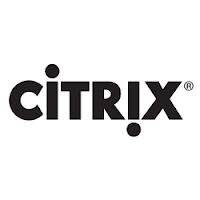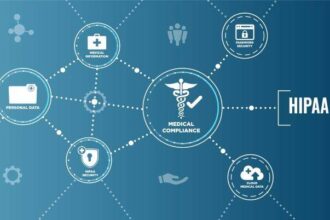When it comes to security and compliance, private cloud computing trumps the public cloud. According to a 2011 study by the Aberdeen Group, the private cloud saves a total of 12% combined annual cost savings over public clouds on a per-application basis. When it comes to computing costs, everything adds up fast – including personnel and training, process and technology, hardware, software, services and support.
When it comes to security and compliance, private cloud computing trumps the public cloud. According to a 2011 study by the Aberdeen Group, the private cloud saves a total of 12% combined annual cost savings over public clouds on a per-application basis. When it comes to computing costs, everything adds up fast – including personnel and training, process and technology, hardware, software, services and support.
Companies that implemented private clouds also incurred 38 percent fewer costs related to security and compliance events in the past year compared to public cloud users. Public cloud users suffered from an overall 25 percent of incidents related to audit deficiencies, data loss or data exposure, and unauthorized access.
Compliance in the Cloud
However, national industry compliance standards, such as PCI or HIPAA compliance remain concerns of mid and large-sized companies. While many industries are hesitant to adopt the cloud due to security concerns, the private cloud offers a cost-effective, streamlined and secure option. The healthcare industry in particular has been known as late-adopters of new technology, but the latest incentives for implementing an electronic health records (EHR) system have trended toward demands for a secure, reliable and compliant data hosting solution. With HIPAA violations costing healthcare providers up to $1.5 million in penalties each year, the healthcare industry can’t afford to skim over HIPAA compliance when they start the transition to electronic file-keeping (American Medical Association).
Business Drivers
The report contends that current investments in cloud computing include the more well-known drivers, including saving on physical IT costs, disaster recovery planning, faster deployment times and high level of application availability. While these investments drive many to the cloud in general, one specific driver leading companies to the private cloud include industry pressures of risk and compliance, including dealing with sensitive information (cardholder data (CHD) and protected health information (PHI)). With industry regulations come questions of how to backup, store, transmit and recover critical data collected from customers or patients.
Another driver is the demand for access anywhere, meaning more and more people with the need to access business files and data from remote locations. It’s also not uncommon for companies to deal with external and internal users – external users may include customers or business partners, while internal users are regular or temporary employees or contractors.
With overall total cost savings and less compliance and security-related incidents, the private cloud is an ideal choice for companies that require industry-regulated secure hosting solutions to protect sensitive information.









